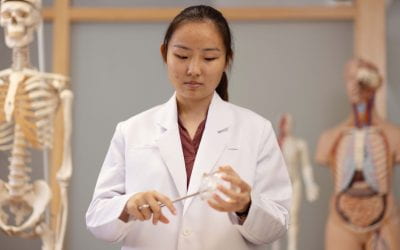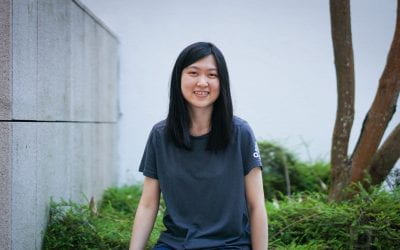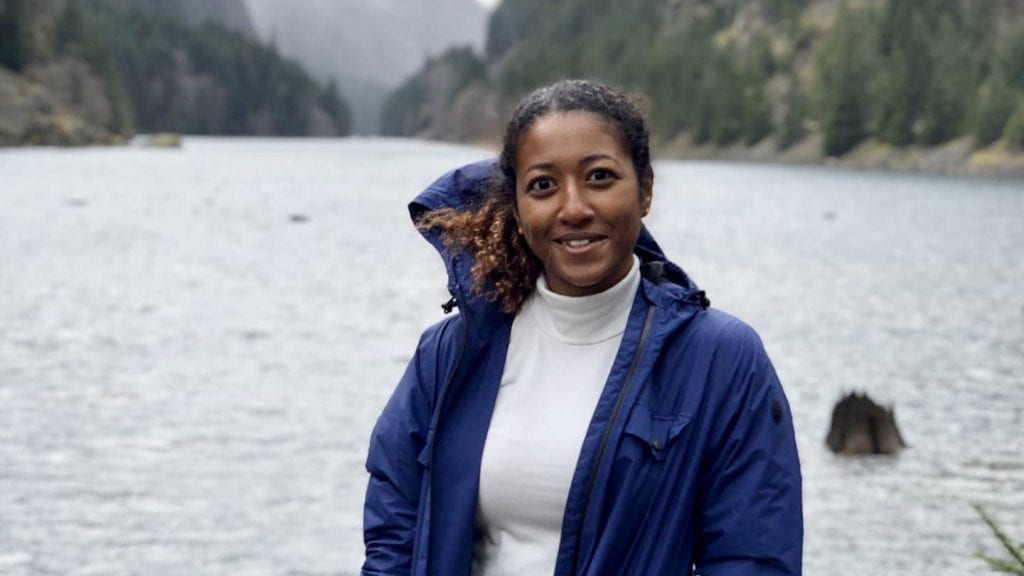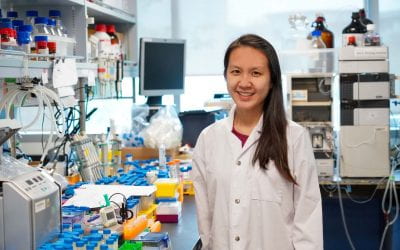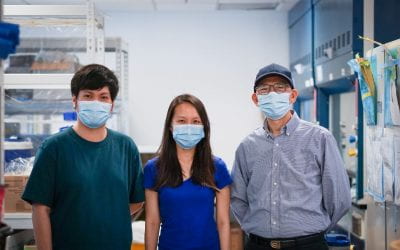In the medical field, one area that has always been of interest is how drugs and medical therapeutics can be better delivered to the human body. Over the last several decades, scientists have been looking at hydrogels as a means of drug delivery. Application of...
Biological Sciences & Medicinal Chemistry and Pharmacology: Meet Kristy from NTU SBS
As part of the Meet Our Students series, we connected with undergraduates from the school’s seven different programmes to learn about their motivations behind joining the programme, their experiences here at NTU SBS and more. Here’s Kristy, currently enrolled in the Biological Sciences with Second Major in Medicinal Chemistry and Pharmacology programme.
Biomedical Sciences & Chinese Medicine: Meet Ngiok Yong from NTU SBS
As part of the Meet Our Students series, we connected with undergraduates from the school’s seven different programmes to learn about their motivations behind joining the programme, their experiences here at NTU SBS and more. Here’s Ngiok, currently pursuing the double degree in Biomedical Sciences and Chinese Medicine programme.
Meet the CoS Valedictorians: Lee Shu Hui (SPMS)
In this series, Science@NTU gets to know the 2021 CoS valedictorians. They give a quick overview of their time in CoS, and also offer a few words of advice on staying positive during these uncertain times. Finally, we have Lee Shu Hui from the School of Physical and...
Meet the CoS Valedictorians: Stella Ferdinand (SBS)
In this series, Science@NTU gets to know the 2021 CoS valedictorians! They give a quick overview of their time in CoS, and also offer a few words of advice on staying positive during these uncertain times. Next, we have Stella Ferdinand from the School of Biological...
Meet the CoS Valedictorians: Victoria Cahyani Tanggono (ASE)
In this series, Science@NTU gets to know the 2021 CoS valedictorians! They give a quick overview of their time in CoS, and also offer a few words of advice on staying positive during these uncertain times. First up, we have Victoria Cahyani Tanggono from the Asian School of the Environment (ASE).
Preventing future tsunami impact on major Asian ports by characterizing Tohoku port response – new PhD thesis from ASE
Every year in CoS, PhD students defend their thesis, earning their doctorate which is the highest qualification in university. Science@NTU caught up with Dr Constance Chua from the Asian School of Environmental (ASE) about her PhD experience.
Congratulations Dr Loo Shining on being selected as a Mistletoe Research Fellow!
Identified by the Mistletoe Research Fellowship (MRF) Reward Committee for her “collaborative spirit, intellectual curiosity, and resiliency”, Dr Loo Shining has been selected as a Mistletoe Research Fellow for the 2021-2022 cycle.
College of Science Students Emerge Champions in 2021 International Natural Sciences Tournament!
Congratulations to Team Benthos on winning the International Natural Sciences Tournament (INST)! The INST Grand Finals concluded on 25 July 2021.
Nipping the Problem of Diabetic Wounds in the (Rose Cactus) Bud
Scientists in Nanyang Technological University (NTU Singapore) led by Professor James P Tam, have discovered a first-in-class, plant-derived epidermal growth factor (EGF) and an ultrastable analog for healing of chronic wounds, an unmet problem in treatment of diabetic wounds. This is the first EGF receptor agonist that is structurally different from all previous EGFs and first such growth factor found in plants – the rose cactus, used widely in Southeast Asia. Since aberrant regulation of EGF or its receptor is associated with certain type of cancers, their findings also open new avenues to develop targeted therapies for cancer.



